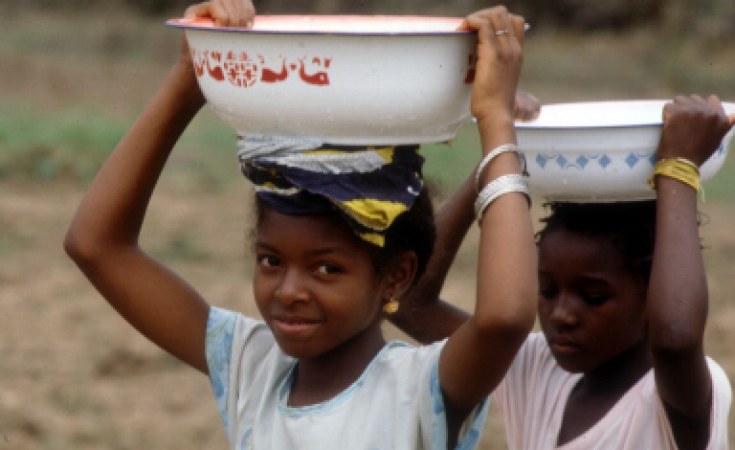The 3rd African Conference on Sanitation Hygiene is set for 19-21 July in Kigali, Rwanda. AllAfrica's Julie Frederikse looks at what to expect from this important event.
AfricaSan 3, as the gathering is known, is being hosted by the government of Rwanda and jointly convened by the African Ministers' Council on Water (AMCOW). At least 700 participants from some 50 countries are expected to attend, representing African government water and sanitation departments, international development agencies, private sector bodies, civil society groups, media organizations and universities.
Rwanda's minister for Energy and Water, Coletha Ruhamya, said in her welcoming statement, "The Kigali conference offers us yet another opportunity to reflect on and evaluate the work we have done against the harmonized action plan." This is a reference to the eThekwini Declaration, the joint statement that emerged from the 2nd African Conference on Sanitation and Hygiene held in Durban, South Africa, three years ago.
The first AfricaSan Conference in 2002, also held in South Africa, in Johannesburg, gave rise to a Millennium Development Goal (MDG) specifically focusing on sanitation. The aim: to cut by half the number of people who have no access to basic sanitation and hygiene by 2015.
However, by the time of the 2nd AfricaSan Conference in 2008, it was clear that this ambitious aim was not going to be met throughout the continent.
Thus a joint declaration named for the Zulu name for Durban's municipality, eThekwini, committed Africa to get back on track to meet the sanitation MDG. Through the eThekwini Declaration, the delegates undertook to devote at least 0.5 percent of GDP to meeting sanitation needs in African countries.
At the official announcement last month of Rwanda's hosting of the upcoming conference, Water Minister Ruhamya proclaimed Rwanda as "the only country in sub-Saharan Africa that has achieved the MDG on sanitation." She said that 58 percent of Rwandans now have access to sanitation and hygiene.
Neil Macleod, the head of Water and Sanitation for the eThekwini municipality that the declaration was named for, says his city has also more than halved its backlog in sanitation, but he feels that the declaration has been more about good intentions than concrete results.
"Some countries in Africa have made huge strides, while others have even gone backwards due to expanding population pressures, making it impossible for local infrastructure to cope," he said. "The second AfricaSan conference was held here in Durban because there was a feeling that we're a city that's trying new things in sanitation, but there isn't only one solution."
Macleod pointed to various approaches to sanitation challenges being undertaken in different African countries, which he feels hold promise.
"The Ugandans, for example, are doing a lot. They have a very progressive water and sanitation utility," he said. He described the head of the Kampala Water and Sanitation Board, William Muhairwe, as "a very interesting person, who turned that situation around".
The eThekwini Water and Sanitation department will be represented in Kigali by one of the top members of Macleod's team, Manager for Education and Capacity Development Teddy Gounden. The priorities for the education and awareness program he runs are based on the sanitation MDG, specifically targeting poor communities in rural and peri-urban areas.
These especially focus on the women who tend to manage household water use, and vulnerable children, such as those who head homes often affected by HIV/AIDS. Yet Gounden feels that the conference will be less about the MDG than about a new view of waste - as a resource.
"Exclusive focus on reaching the MDG targets may cause development agencies and governments to focus exclusively on coverage," argued the Danish International Development Agency, Danida, in a position paper on the issue. Indeed, many key role-players in the field believe that the importance of this conference could be less in measuring success or failure than in exploring innovative new approaches to Africa's sanitation challenges.


